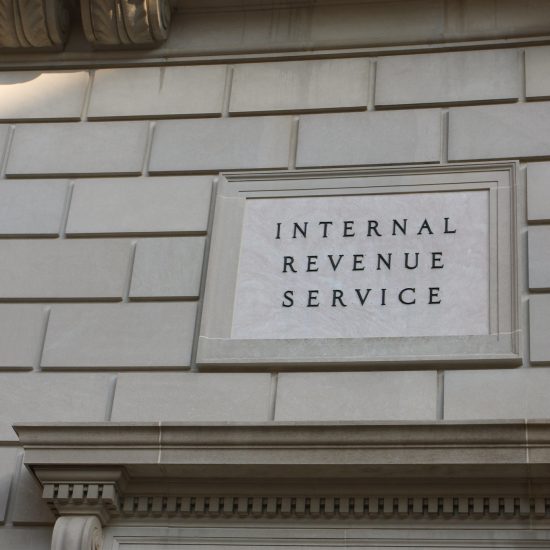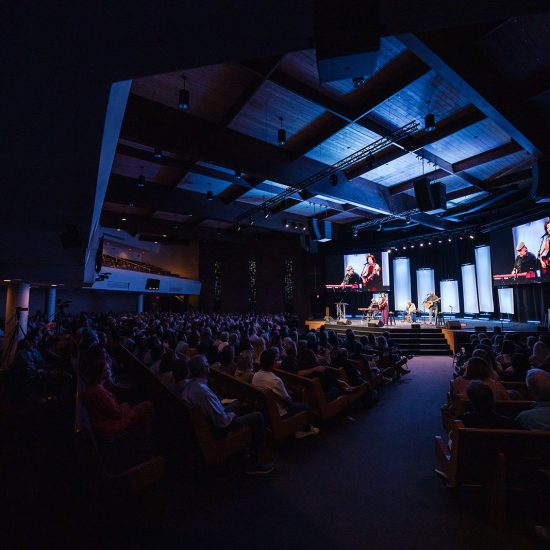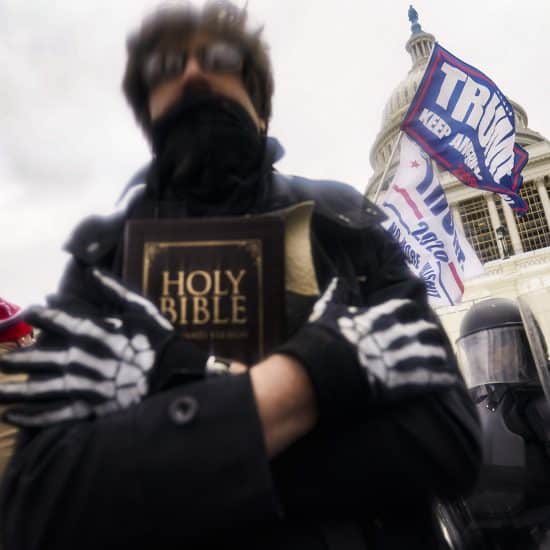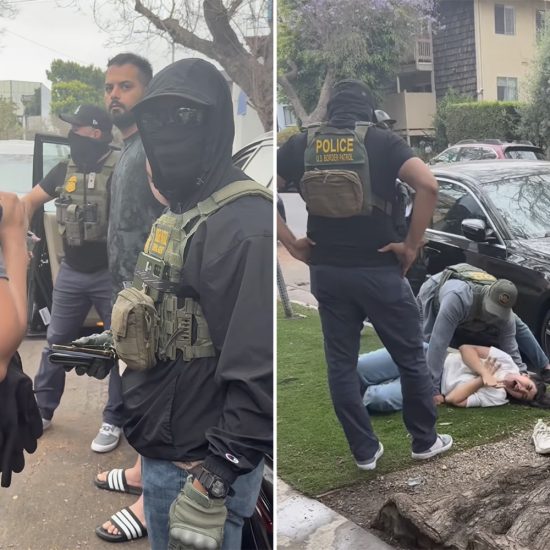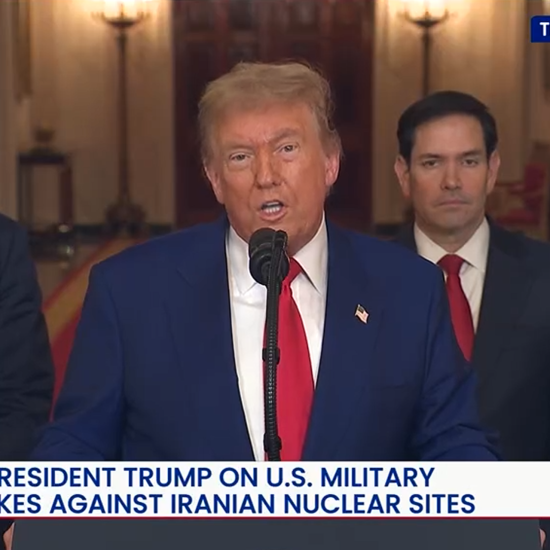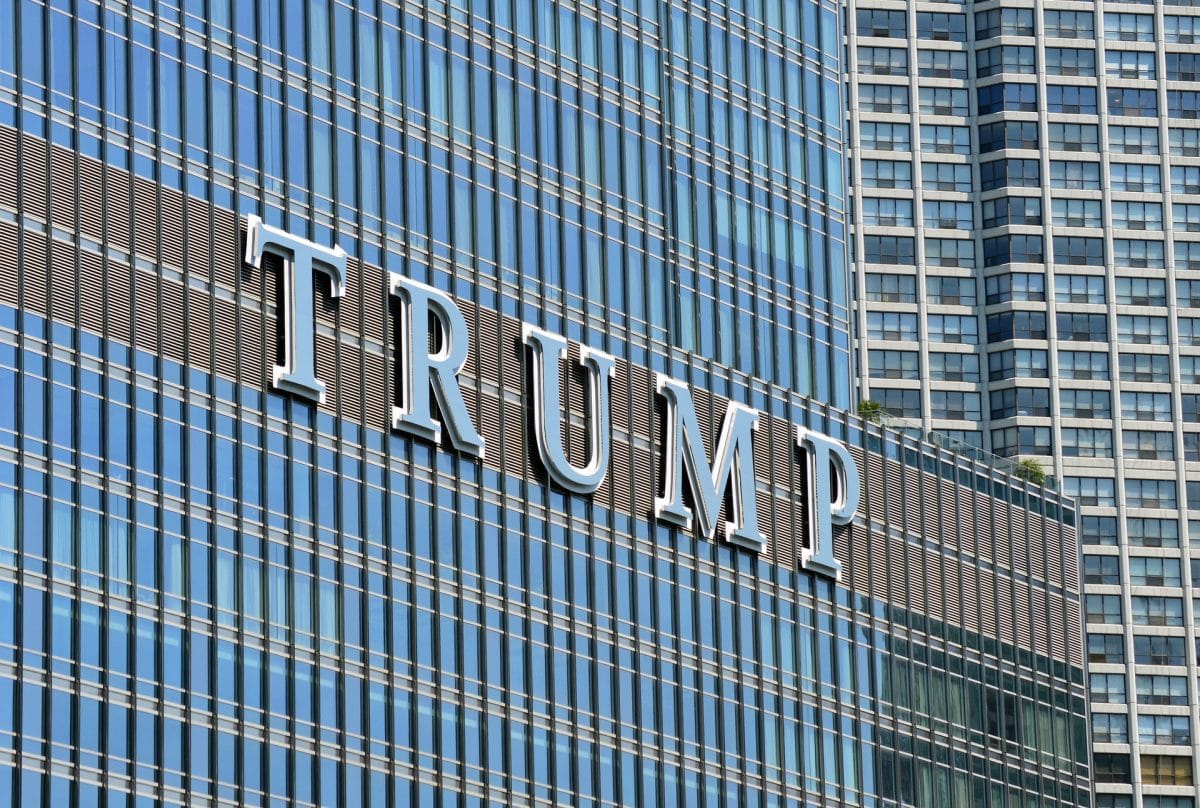
One Ethicist’s Reflection on Epiphany in the Shadow of Insurrection
Jan. 6 is Epiphany, or the Feast of the Magi as it is known in much of the world. In 2022, it also marks the anniversary of the Donald Trump-inspired insurrection at the U.S. Capitol. Though separated by centuries and miles of cultural context, both the journey of the Three Wisemen and the journey of thousands of pro-Trump traitors to Washington, D.C., on Jan. 6 represent a fundamental choice between two kings, different philosophies of leadership, and — most importantly — visions of the political good.

John Sianghio
While the political dimensions of the Jan. 6 insurrection are undeniable, we don’t often inquire into the political ramifications of the Wisemen’s journey. We move to the manger in Bethlehem without giving thought to the fact that the star stopped first over Jerusalem. We rob the story of its political dimensions, focusing only on its spiritual side.
Even when the Wisemen’s visit to Herod is mentioned, it is often used to draw a contrast between the earthly (and thus political) kingdom of Herod and the heavenly (and thus spiritual) kingdom of Christ. In this interpretation of the story, the Wisemen assume that the star is leading them to Jerusalem, the political capital of Judea. Their preconceived political notions of what it means to be a king cause them to initially bypass Bethlehem. The moral we are to take from this episode is to turn our eyes away from the palaces that are the political centers of nations and to center our souls on the stable, where the King of kings lays enthroned on a bed of golden hay, come to rule over his spiritual kingdom.
But when we deemphasize the political in favor of the spiritual, we miss the powerful social force that the Christchild was and continues to be — a social force that stands in direct contrast to the political agenda of Herod. We forget the social agenda Jesus pursued would see him leave Bethlehem for Jerusalem, where he would be hung on a cross reserved by Rome for political prisoners. When we get caught up comparing the metaphorical kingdoms of Herod and Jesus, we miss the contrast between their historical lives and leadership.
The historical reign of Herod was obsessed with two things: winning support among the Jewish people for a reinvigorated aristocracy and currying favor for himself personally through grandiose building projects. The most famous of Herod’s projects was the building of a wall surrounding the temple mount and the renovation of the temple the wall enclosed. The temple in Jerusalem was, according to biblical tradition, originally a humble house of worship constructed by the returned Jewish exiles from Babylon. Herod took this humble temple constructed by returning refugees and turned it into a gaudy, grandiose structure.
Herod’s family were ancestrally Edomites and converted to Judaism for political purposes, so he took pains to establish his religious bonafides in Judea. Historians have often looked skeptically at the sincerity of his acts of piety, with the renovation of the temple being only his most famous display. The Gospel of Matthew hints at this tendency, noting that Herod told the Wisemen he wanted them to report the Messiah’s location in order “to pay him homage.” Matthew later reveals Herod’s true motive was to kill this potential rival ruler.
Similarly, historians have speculated that Herod’s motives for the renovation of the temple were less an act of piety from the famously hedonistic Herod, than they were an attempt to harness the power of Jewish religious fervor to shore up support for his rule and, simultaneously, to flaunt Herod’s wealth and power. Herod would certainly stamp his name on the story of the structure, with it becoming known historically and colloquially as “Herod’s Temple.”
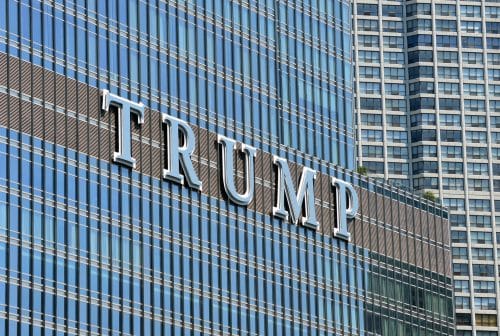
The Trump International Hotel and Tower in Chicago / Pixabay
It is fair to say that Jesus’s life and his politics did not focus on the palaces of the kingdom, the halls of the capitol, nor even on the courts of the newly luxuriated temple. But this does not mean his ministry was any less political. As Isaiah prophesied and Handel immortalized, “For unto us a child is born, unto us, a son is given and the government shall be upon his shoulders.” The baby born in Bethlehem served a significant portion of his later life in Jerusalem.
Though it is true that Christ’s only entry into the halls of power was to stand trial before Herod’s son, Herod Antipas, his actions sent a clear political message. Indeed, the baby whom the Wisemen found would, as a man, enter the courts of Herod’s temple to drive out the big businessmen selling sacrifices, overturn the tables of the money changers, and antagonize the chief priests and scribes — the very people whose political support Herod wished to gain by renovating the temple in the first place. As he did this, Christ lamented that Herod and those reaping the benefits from the temple’s renovation had turned what was once a house of prayer “into a den of thieves.”
In contrast, Christ sat in the cleansed temple courts and provided healthcare to the lame and the sick. Throughout his ministry, Christ would often do things like this. Christ looked away from the high and mighty with whom Herod (even while pretending to “pay homage” to the humble populace) looked to curry favor. He turned his attention (and ours) to the meek, the poor in spirit, the mourning, the widow, the orphan, the prisoner, and the immigrant and called them blessed.
So, on this Jan. 6 and on every Epiphany, we must ask ourselves the question: Do we choose to follow a king who, even while saying he wishes to “pay homage” to the Christ-child, curries favor with the rich and spends his political and monetary capital building walls and gaudy buildings that bear his name? Or do we bring the three gifts of our lives, our fortunes, and our sacred honor and pledge them to providence and those leaders who will do justice, love mercy, and rule as wonderful counselors and princes of peace?
John Sianghio is a Ph.D. candidate in religious ethics at the University of Chicago Divinity School. His work focuses on the intersection of social and political ethics with religion. Formerly, John was Assistant Professor and Chair of the Department of Political Science at Trinity Christian College in South Suburban Chicago. As a political scientist, he has also worked in think tanks, human rights NGOs, and federal service. During Operation Enduring Freedom he served as an embedded asset advising U.S. Army units in Afghanistan. He lives on the South Side of Chicago with his wife and son.

